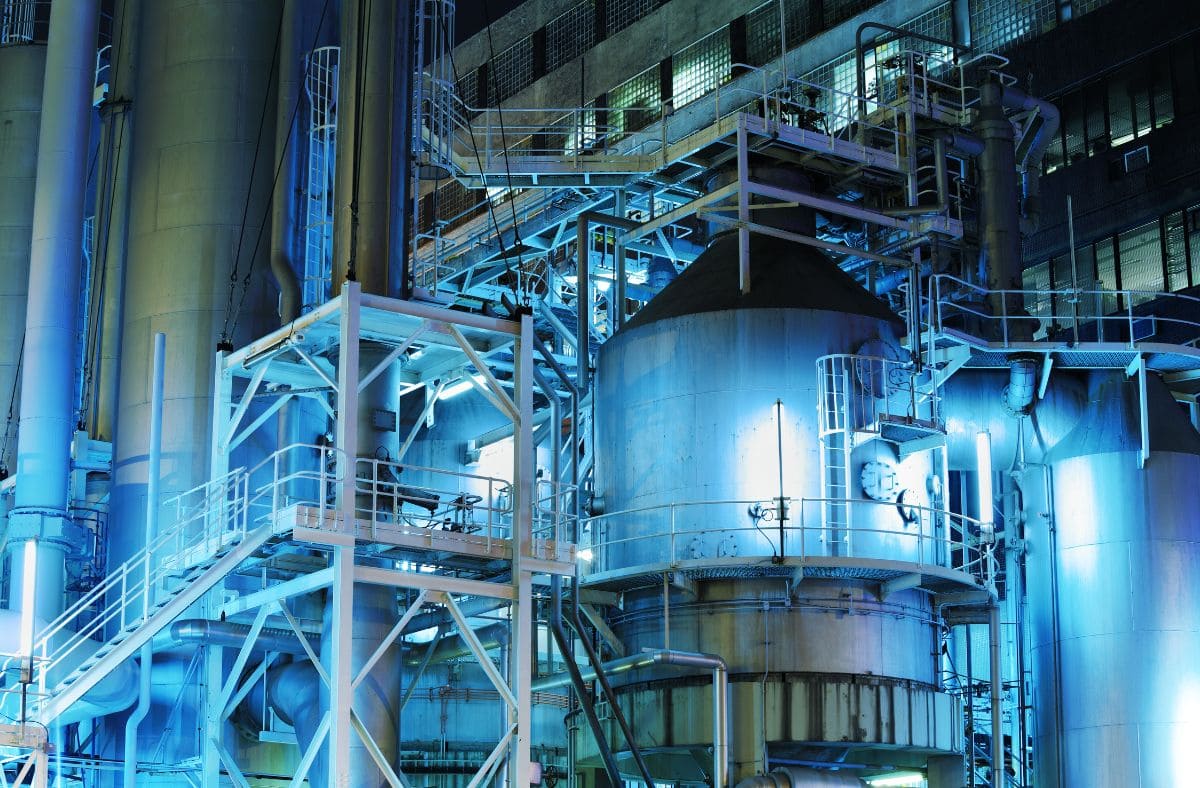First, let’s understand Europe’s approach toward biocides.
Europe, in terms of biocides, has a well-regulated and structured framework to ensure the safety and efficacy of these products.
In Europe, the regulation of biocides is governed by the Biocidal Products Regulation (BPR), specifically Regulation (EU) 528/2012. This regulatory framework ensures a high standard of protection for human health, animal health, and the environment. The BPR mandates a meticulous authorization process for biocidal products, requiring comprehensive assessments of both active substances and finished products for efficacy, safety, and environmental impact. Biocidal products are categorized based on their intended use, including disinfectants, preservatives, insecticides, and more. Only active substances approved at the EU level can be utilized, and the regulation encourages data sharing to minimize animal testing. The European Chemicals Agency (ECHA) oversees the evaluation and authorization processes, and a systematic review program ensures ongoing compliance. Europe's regulatory approach emphasizes consumer protection, environmental considerations, and a balance between innovation and safety in the use of biocides. Compliance with the BPR is essential for companies seeking to market biocidal products in the European Union.
Now let’s understand certain issues that Europe faces in terms of biocides
- Regulatory Compliance: Ensuring that biocides are properly regulated and used by existing laws and guidelines can be challenging. Compliance issues may arise due to a lack of awareness, inadequate enforcement, or difficulties in monitoring and controlling their use.
- Data Requirements: Regulatory authorities in Europe impose stringent data requirements for the approval of biocidal products, including safety and efficacy data. Meeting these requirements can be time-consuming and costly for manufacturers, especially for smaller companies or those developing niche products.
- Substitution Challenges: Finding suitable substitutes can be challenging when certain biocides are phased out due to regulatory concerns or environmental considerations. This can create disruptions in various industries reliant on biocidal products, such as manufacturing, healthcare, and agriculture.
- Global Trade Issues: Differences in biocide regulations between regions can create trade barriers and complicate international commerce. Harmonizing regulatory standards and ensuring mutual recognition of product approvals can help facilitate trade while maintaining high levels of protection for human health and the environment.
Where does Europe import Biocide from?
Some of the key sources of biocide imports for Europe include:
- United States: The U.S. is a major exporter of biocidal products to Europe, supplying a wide range of chemicals, formulations, and technologies used in industries such as paints, preservatives, and disinfection.
- China: China is a significant source of biocide imports for Europe, providing a variety of active ingredients, intermediates, and finished products used in industrial processes.
- India: India is another important supplier of biocides to Europe
What are the issues with imports from the USA and China to Europe?
- Regulatory Compliance: Biocides imported from the United States and China must comply with European Union regulations, such as the Biocidal Products Regulation (BPR). Ensuring compliance with EU standards regarding active substances, formulations, labeling, and packaging can be complex and require additional testing, documentation, and certification.
- Supply Chain Risks: Importing biocides from distant countries like the United States and China involves longer supply chains, increasing the risk of logistical challenges, delays, and disruptions.
- Tariffs and Trade Barriers: Trade tensions, tariffs, and trade barriers between the European Union and exporting countries such as the United States and China can impact the cost and availability of imported biocides.
After analyzing certain factors here are some benefits for Europe and why they should import biocides from India!
Firstly, India has a large number of biocide manufacturers, which means that there is a high level of competition in the market. This competition leads to lower prices for biocides, making them more affordable for businesses in France. Moreover, Indian biocides are of high quality and meet international standards.
Secondly, the Indian government has implemented regulations to ensure that biocides are produced in an environmentally friendly manner. These regulations have resulted in the development of sustainable and eco-friendly biocides. France, being a country that values environmental protection, would benefit from importing biocides that are produced in such a way.
- The potential decision for Europe to import biocides from India is driven by various factors. This choice hinges on the economic advantages of cost-effective manufacturing in India, where production costs may be lower than in the USA.
- Language barrier: China and Europe have a huge cultural difference in language, beliefs, and way of working.
- India's diverse chemical industry offers European businesses a wide array of biocidal products, and Indian manufacturers bring extensive expertise and technical know-how to ensure high-quality products.
- The adaptability of Indian manufacturers to customize biocides according to European needs is considered advantageous. Additionally, reputable Indian biocide manufacturers adhere to international standards, making imported products potentially compliant with European regulations. India's capacity for bulk production, coupled with its dynamic and innovative formulations, aligns with global trends toward sustainability.
- Favorable trade agreements and partnerships, along with healthy market competitiveness, make importing biocides from India logistically and economically beneficial for European businesses. Ensuring product quality, regulatory compliance, and building strong partnerships with Indian suppliers are crucial considerations for a successful collaboration.


